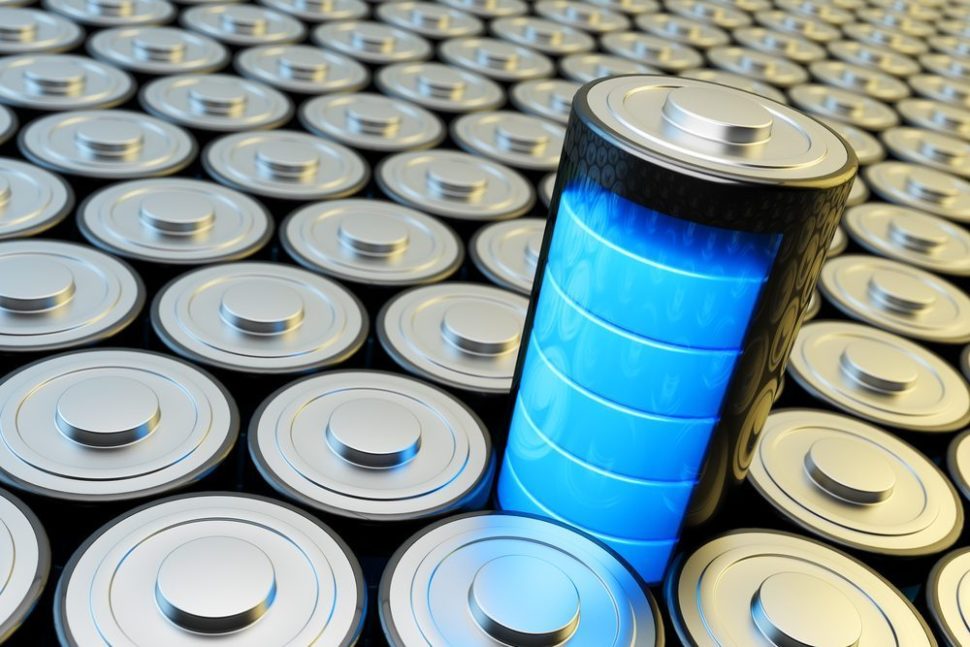Qubits in a quantum system can store data as well as energy. This property could be the basis for quantum batteries that would charge much faster than conventional batteries.
In addition to research to further optimize the efficiency of conventional batteries, quantum physics suggests even more promising leads. This is especially true with regards to developing batteries with higher energy density and ultrafast charging rates.
Aside from current battery technologies, in the future, scientists hope to develop a new type of battery where charging is a matter of recognizing qubits in a “charged” state, rather than an “uncharged” state.
Quantacell will be your first #quantum battery. It charges in an instant.Click To TweetLithium-Based Batteries
Compared to classical lithium-ion batteries–which power most of the current electronic devices–Li-air batteries enable storing up to ten times more energy while using only oxygen as a raw material.
Thanks to their high energy efficiency and lightweight, lithium-air cells, or Li-O2 batteries, are one of the most promising battery technologies for electric vehicles and electronics. Li-air chemistry promises a much more efficient successor to Li-ion batteries, but they are yet to find their place as a marketable product.
Many hurdles stand in the way of Li-O2 batteries, among which is rapid corrosion and degradation of electrodes, loss of energy efficiency after a few charging cycles, high costs of their components, and slow charging rates.
Quantacell, a Quantum Battery That Recharges Almost Instantly
The primary component in a quantum system, a qubit, or the basic unit of quantum computation, can adopt more than one physical state, or one at a time, thanks to the quantum phenomenon of superposition.
In theory, a quantum battery would allow for a charging speedup due to the entanglement of qubits, which provides a shortcut between the two states of a qubit (charged and uncharged states). Thus, charging a quantum battery means passing the state of all qubits from a lower to a higher power state, allowing ultrafast, almost instant, charging.
That’s the basic theory of a battery cell made of qubits proposed by Felix Binder and a team of physicists at Oxford University in the United Kingdom. Called Quantacell, the quantum battery was described in a paper published in the New Journal of Physics.
So the recharging time of Quantacell is the time needed to switch all qubits to the highest power state, which is inversely proportional to the number of qubits in the battery. In other words, if one qubit hypothetically needs an hour to charge (pass to high power state), six qubits would take 10 minutes to do so.



















Comments (0)
Most Recent